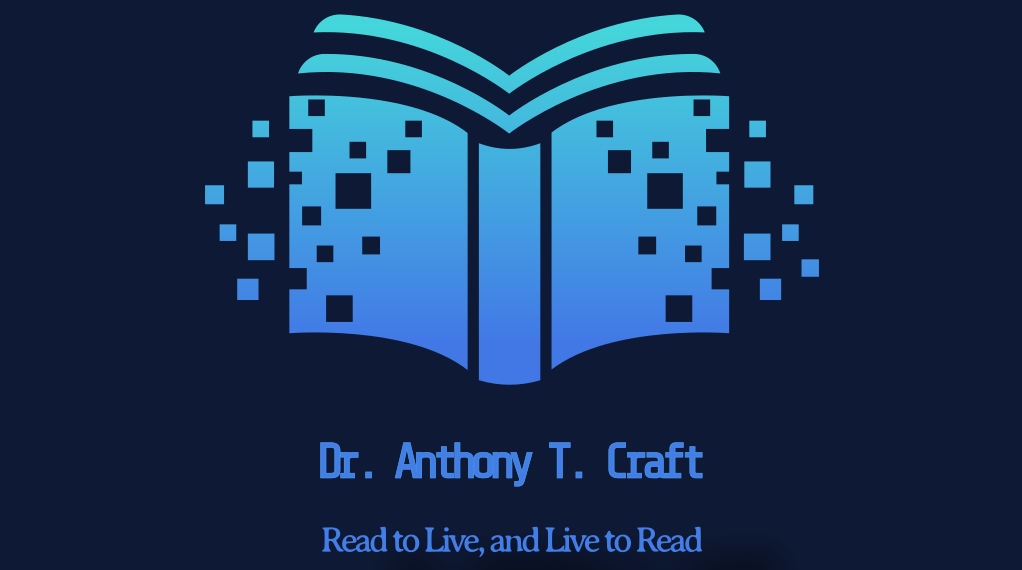Mental Downfalls of Active Shooter Incidents
INTRODUCTION
Active shooter incidents have become and all too frequent occurrence in today’s world. These tragic events cause immediate physical harm, but the psychological impact on survivors, witnesses, and the broader community is often overlooked. The mental repercussions of active shooter incidents are profound, affecting individuals and communities long after the event has ended. We want to explore the mental downfalls of active shooter incidents on civilians, delving into the emotional trauma, survivor guilt, post-traumatic stress disorder (PTSD), and the long-term.
- The Immediate Emotional Trauma
Active shooter incidents are chaotic and terrifying, creating intense emotional trauma for those involved. Witnessing or experiencing violence, the loss of life, and the desperate attempts to survive can lead to profound distress. The emotional scars of such events can persist for years, if not a lifetime.
- Fear and Shock
Active shooter situations trigger immediate fear and shock. The suddenness of these events and the threat to one’s life can lead to intense anxiety, panic, and overwhelming fear. This fear can become ingrained in the individual’s memory, leading to long-term mental health issues.
- Grief and Loss
For those who lose loved ones in these incidents, grief is an unavoidable reality. This grief is often accompanied by feelings of guilt, anger, and sorrow. Survivors may also experience survivor guilt, questioning why they survived when others did not.
- Traumatic Memories
Survivors and witnesses often develop intrusive and traumatic memories. These flashbacks can occur at any time, causing severe emotional distress and impairing daily life. The memories of the incident are a constant reminder of the traumatic experience.
2. SURVIVOR GUILT
Survivor guilt is a common psychological response to active shooter incidents. This complex emotion arises when individuals who survived the attack feel guilty for being alive while others did not.
2.1. Overwhelming Guilt
Survivor guilt can lead to overwhelming feelings of guilt and self-blame. Survivors may question their actions during the incident, feeling that they could have done more to help others.
2.2. Self-isolation
Some survivors withdraw from social activities and support systems resulting from guilt. They may believe they don’t deserve happiness or support they survived when others didn’t.
2.3. Psychological Impact
Survivor guilt can lead to long-term mental health illness, including depression, anxiety, and even suicidal thoughts. Addressing survivor guilt is crucial for the well-being of survivors.
III. POST-TRAUMATIC STRESS DISORDER (PTSD)
Active shooter incidents can be a significant trigger for the development of post-traumatic stress disorder (PTSD). PTSD is a severe mental health condition that can persist for years if left untreated.
3.1. Symptoms of PTSD individuals with PTSD often experience a range of symptoms including flashbacks, nightmares, avoidance of triggers, and heightened arousal (e.g., increased anxiety and anger).
3.2. Delayed Onset In some cases, the symptoms of PTSD may not manifest immediately after the incident. Instead, they can develop weeks or months later, making it crucial to monitor and provide support to survivors over the long term.
3.3. The Impact on Daily Life PTSD can severely impact an individual’s daily life, making it challenging to maintain relationships, work, and engage in daily activities, The constant fear and anxiety can be debilitating.
- LONG-TERM EFFECTS ON INDIVIDUALS
The mental downfalls of active shooter incidents can have a long-lasting impact on survivors, witnesses, and their families.
4.1. Ongoing Anxiety
Survivors may develop generalized anxiety disorder, leading to chronic worry, fear, and physical symptoms such as increased heart rate and sweating.
4.2. Social Withdrawal
Some individuals become socially isolated, struggling to trust others or feel safe in public places. This can lead to loneliness and a sense of disconnection.
4.3. Substance Abuse
To cope with their trauma, some individuals turn to substance abuse, including alcohol and drugs. This can lead to addiction and further complicate their mental health.
- THE BROADER COMMUNITY IMPACT
The mental downfalls of active shooter incidents extend beyond individual survivors. The broader community is also affected, experiencing a collective sense of fear and grief.
5.1. Community Traumatic
Entire communities can suffer from collective trauma in the wake of an active shooter incident. The fear of recurrence can become a constant source of anxiety for residents.
5.2. Changes in Behavior
Increased security measures and fear can alter the way people go about their daily lives. This may include avoiding public spaces and gatherings, which can lead to social and economic consequences.
5.3. The importance of Support
Communities affected by active shooter incidents need support and resources to cope with the emotional fallout. Mental health services, counseling, and community support are essential.
- CONCLUSION
Active shooter incidents are not just isolated acts of violence; they have a profound and enduring impact on the mental well-being of civilians. The emotional trauma, survivor guilt, PTSD, and long-term effects on individuals and communities are real and significant. Recognizing the mental downfalls of these events is crucial for promoting healing, recovery, and resilience. Comprehensive support, access to mental health services, and community efforts are vital in helping survivors and communities rebuild their lives after such traumatic events. By addressing these issues, we can work towards a future where the mental scars of active shooter incidents can be mitigated, and survivors can find hope and healing.
- Dr. Anthony T. Craft

One Comment